As electric vehicles (EVs) become more common on roads worldwide, questions about their long-term reliability are top of mind for many potential buyers. While traditional gas-powered cars have decades of proven performance, EVs offer simpler drivetrains with fewer moving parts, which could mean fewer things to break. But how do they actually stack up when it comes to real-world dependability, maintenance needs, and repair costs? This article compares the reliability of EVs and gas-powered vehicles to help consumers make informed decisions.
Initial Quality and Manufacturing Standards
When it comes to initial quality, electric vehicles (EVs) have made significant strides in recent years. For example, the 2023 Ford Mustang Mach-E showcases impressive build quality with tighter panel gaps and a well-finished interior, reflecting rigorous manufacturing standards. Traditional gas-powered cars like the 2023 Toyota Camry continue to excel in initial quality, benefiting from decades of refinement in manufacturing processes.
However, the gap between EVs and traditional cars in terms of initial quality is narrowing. Both types of vehicles undergo stringent quality checks, but EVs often require more attention to software integration and battery systems during the assembly process. This focus on technology can sometimes lead to initial quality issues that require attention post-purchase.
Long-term Maintenance and Repair Needs
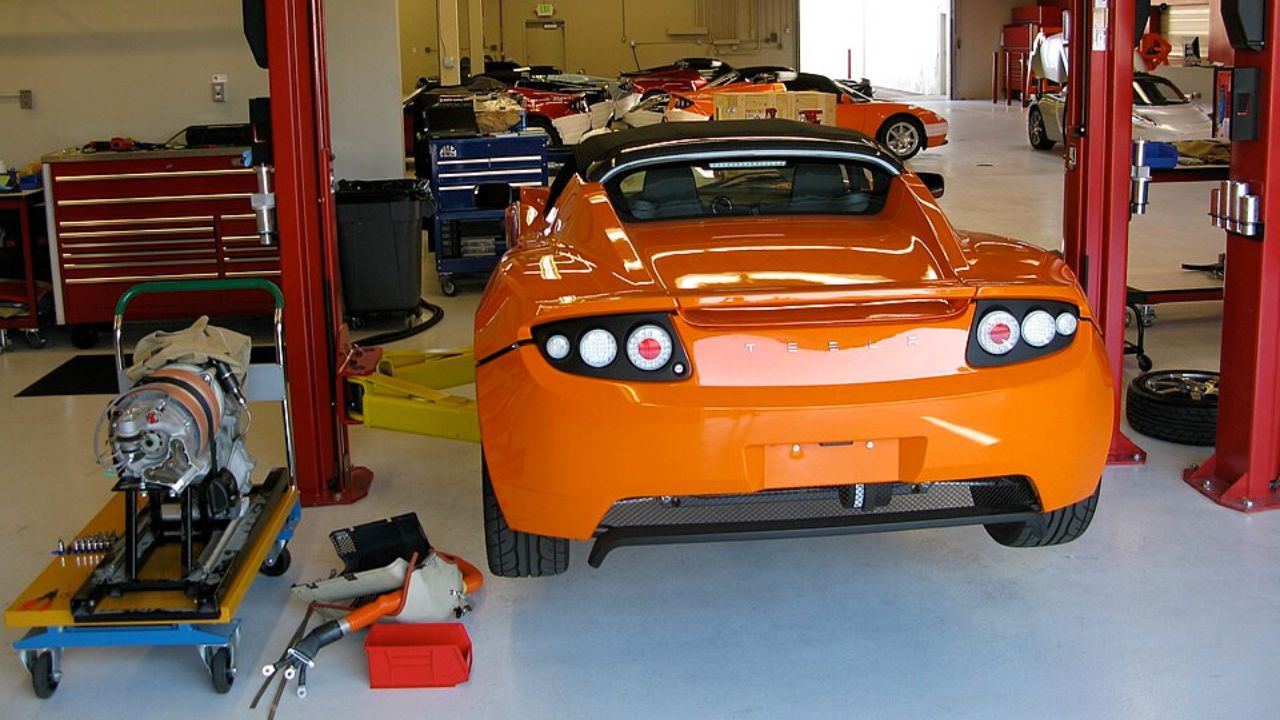
Long-term maintenance needs vary significantly between EVs and traditional gas-powered vehicles. The 2022 Tesla Model 3, for instance, requires less frequent maintenance than its gas-powered counterparts due to fewer moving parts and no oil changes. This can result in lower maintenance costs over time.
In contrast, vehicles like the 2024 Honda Accord still require regular oil changes, transmission fluid checks, and other routine maintenance. While traditional cars may demand more frequent visits to the mechanic, they benefit from a well-established network of repair shops and readily available parts.
Battery Life and Charging Infrastructure
Battery life and charging infrastructure are crucial considerations for potential EV buyers. The Chevrolet Bolt EV offers a battery warranty of up to 8 years or 100,000 miles, providing peace of mind to owners. However, the availability of charging stations can vary by region, which may impact convenience for long-distance travel.
Gas-powered vehicles do not face these challenges, as refueling stations are plentiful and refueling times are much shorter than charging an EV. Despite this, advancements in charging technology and increased investment in infrastructure are gradually improving the practicality of EVs.
Software Updates and Technological Integration
Software updates play a vital role in maintaining and enhancing the functionality of modern vehicles. The 2021 Audi e-tron, for instance, receives over-the-air software updates that can improve performance and add new features, ensuring that the vehicle remains up-to-date without a visit to the dealership.
Traditional vehicles like the 2022 Ford F-150 may not benefit from the same level of software integration, often requiring physical updates or recalls for significant changes. However, they tend to offer more straightforward systems that may be easier for some users to navigate without the need for frequent updates.
Resale Value and Depreciation Rates
Resale value and depreciation rates are important factors for car buyers to consider. The 2024 Porsche Taycan tends to hold its value well, partly due to Porsche’s strong brand reputation and the increasing desirability of luxury EVs. However, the rapid pace of technological advancement in EVs can impact depreciation rates.
On the other hand, traditional vehicles like the 2023 Honda Civic often have more predictable depreciation patterns, thanks to a longer history of market data. While gas-powered cars may initially depreciate faster, they can stabilize over time, offering a different kind of financial security to owners.
Like Fast Lane Only’s content? Be sure to follow us.
Here’s more from us:
*Created with AI assistance and editor review.

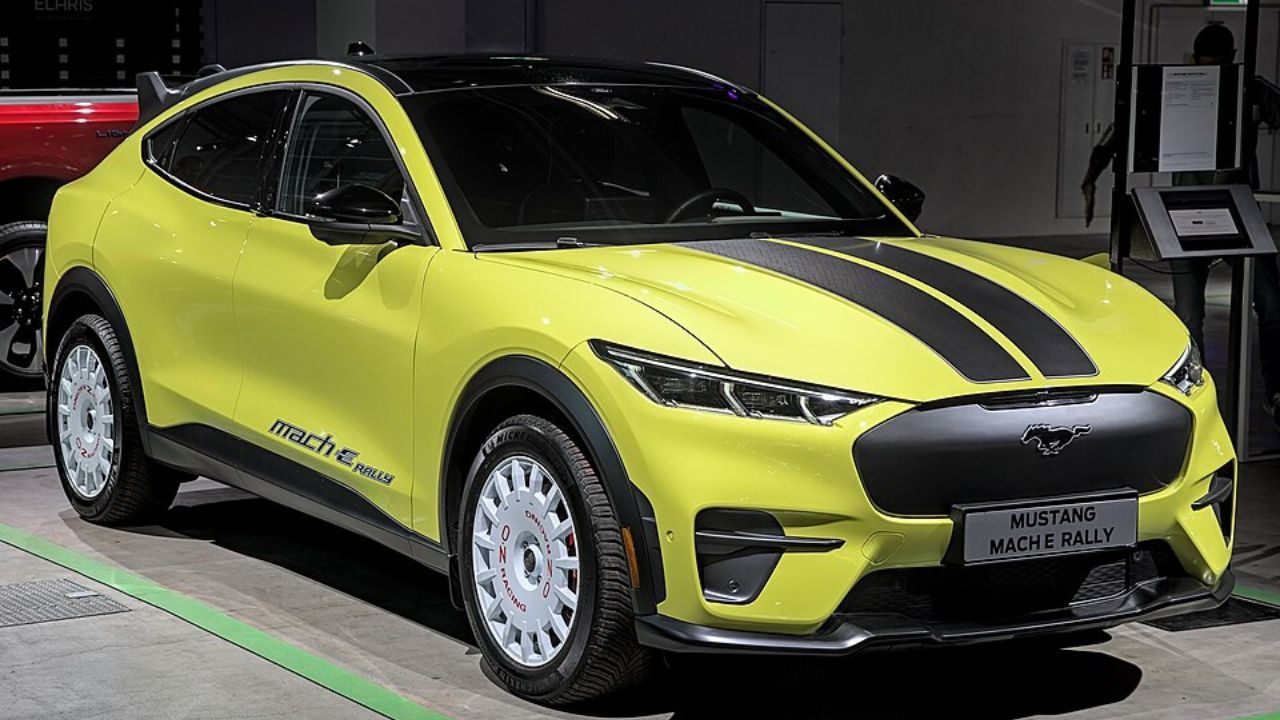
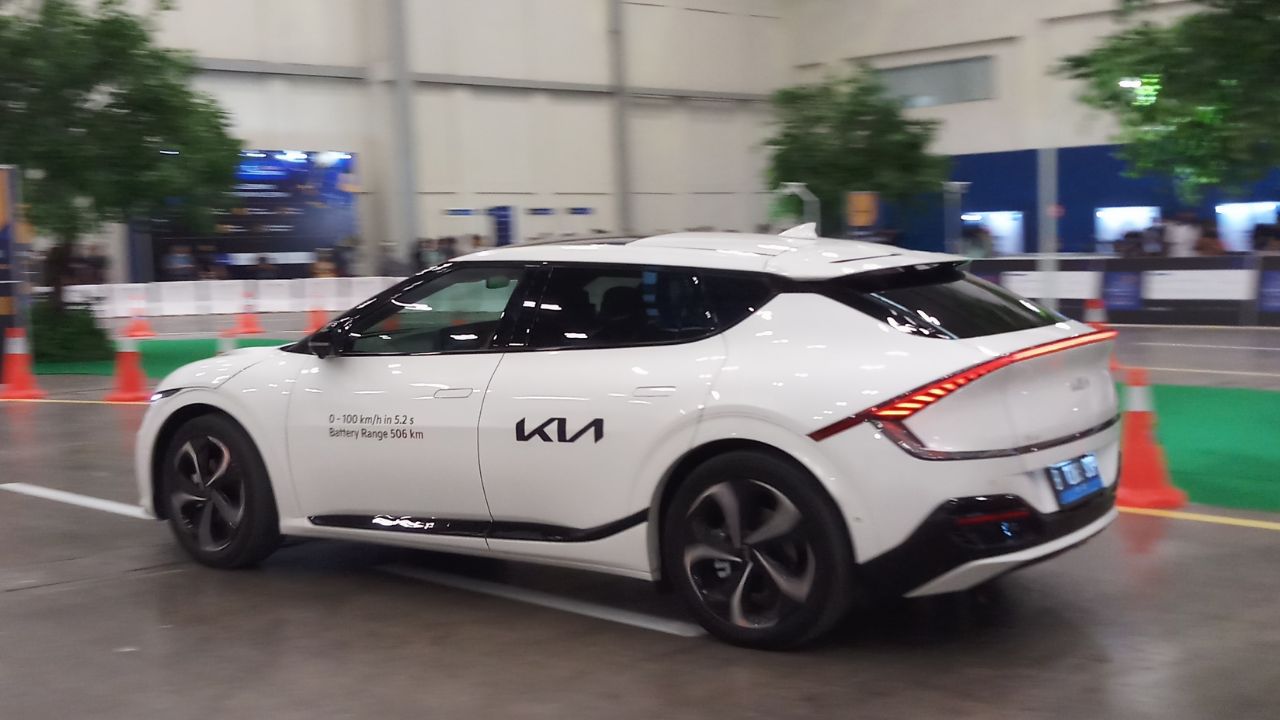


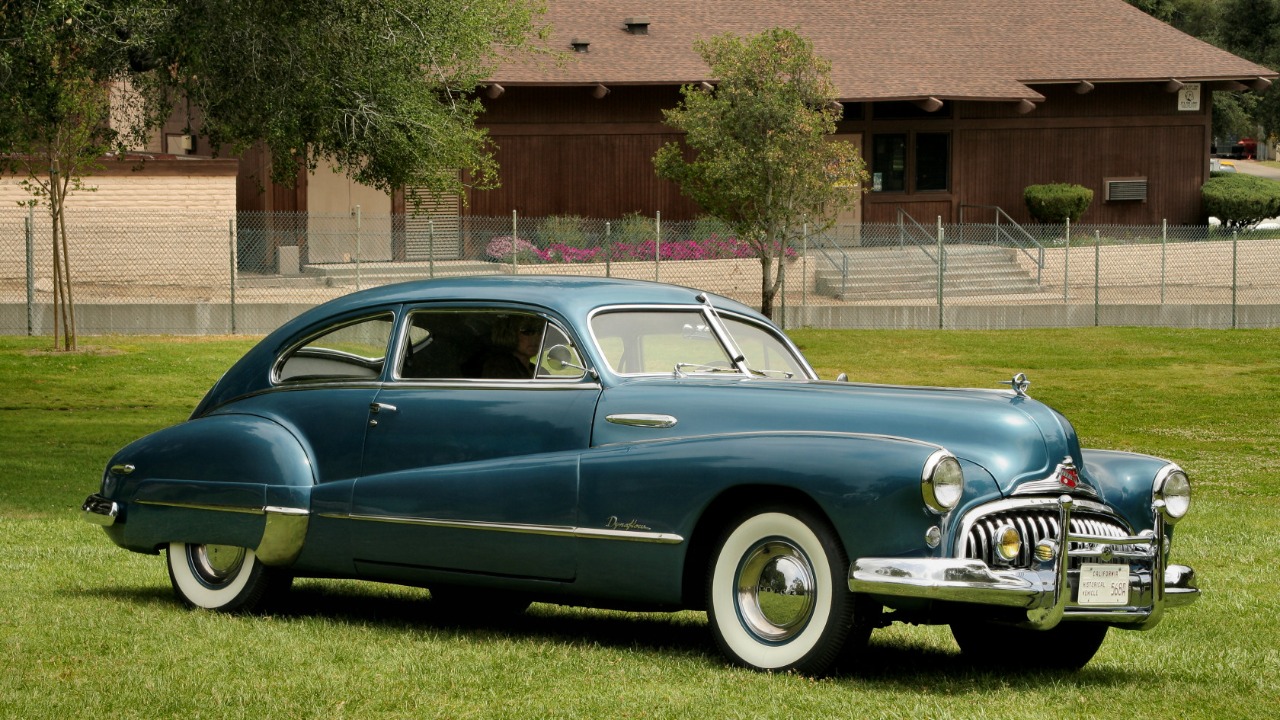
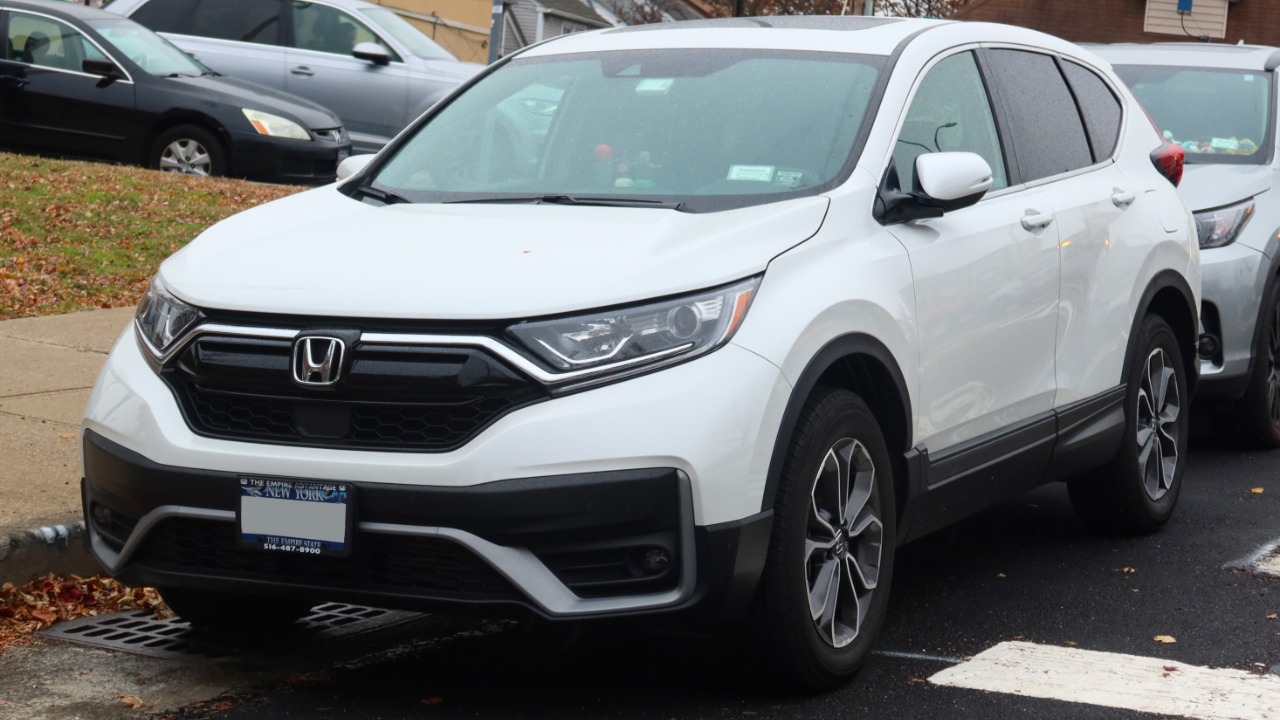
Leave a Reply